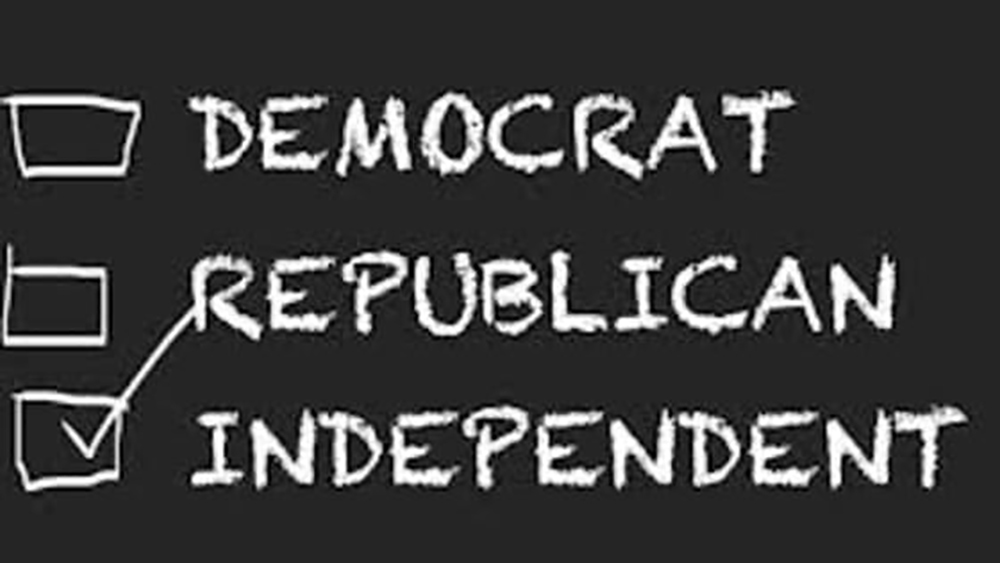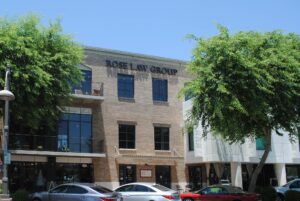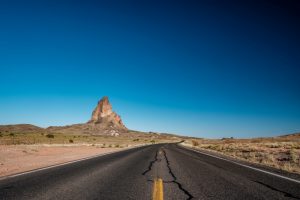Opinion: History suggests independents won’t exercise their vote much. But there’s hope, as political divides seem to have reached an all-time high.
By Abe Kwok | Arizona Republic
A voter takes her ballot to an early voting site at Paradise Valley Community College in Phoenix on Oct 28, 2020.
Independent voters in Arizona can be kingmakers, as Joe Biden’s and Mark Kelly’s victories in 2020 proved.
But that power is exaggerated in this regard: They are given a binary choice that is set by others, namely voters in the Republican and Democratic primary elections. And emerging from each camp, more often than not, are partisan candidates who aren’t their first choice.
If independents want to exercise their full power, they need to vote in the primaries and help determine the actual Democratic and Republican nominees. Will they?
This year’s primary election makes a good test case. That’s because the Arizona Republican Party is at a crossroads, with candidates and supporters splintered between those faithful to Trump and those who are not. The differences between the candidates matter, especially when it comes to legitimacy of the institutions they serve and the rules they favor to govern who can vote when, and how.
Few independents vote in primary elections
So, will the sleeping giant that is the independent voting block wake?
History suggests no. Not fully, anyway. Only about 5% of independents statewide voted in either the Republican or Democratic primary in 2018, the last election for which the Secretary of State’s Office separated such data.












